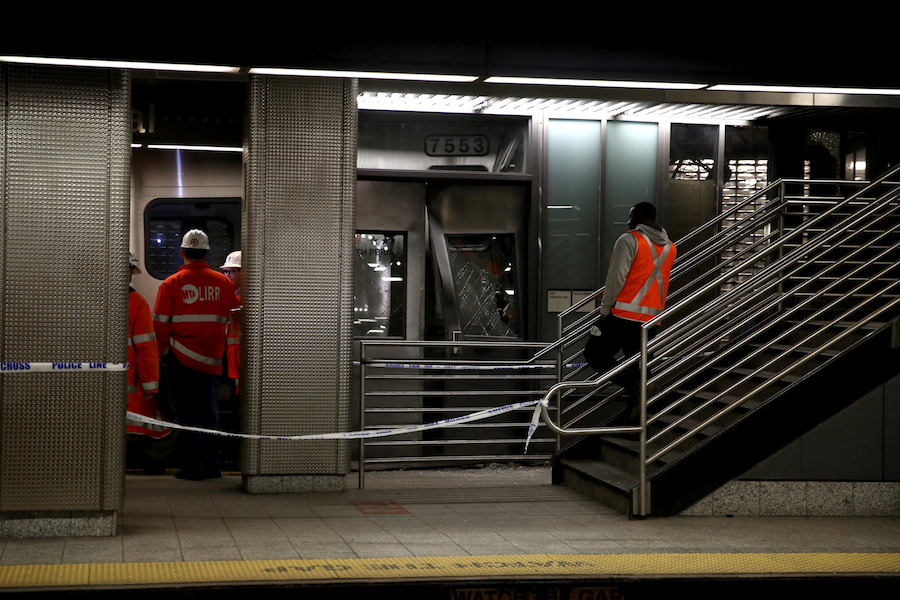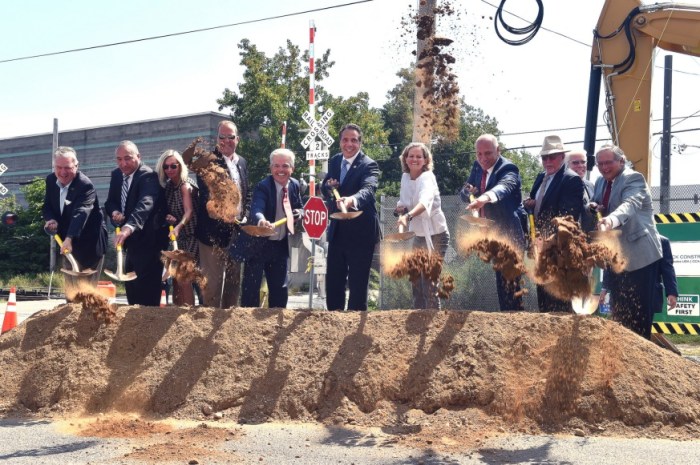In the wake of recent commuter train crashes in which engineers were later diagnosed with sleep apnea, the Metropolitan Transportation Authority wants to intensify its efforts to combat the disorder within its workforce. Under the proposal, the MTA’s sleep apnea program will thoroughly screen workers and provide specialized priority treatment to roughly 20,000 subway train operators and conductors, and bus drivers. The MTA assessed proposals from 13 health care companies for the program’s potential expansion. RELATED: Schumer demands audit on railroad agencies’ sleep apnea testing The proposal is pending approval from the MTA board, which is expected to make its decision Wednesday. If it gets the green light, the program would become the first to be implemented by a public transportation agency. “Safety is our top priority, and MTA is going further than any other transportation agency in the country to prevent the risks of apnea,” chairman and CEO Thomas Prendergast said in a statement. “With this proposal, we are not just working to implement industry best practices, the MTA is defining best practices. Sleep apnea is a serious illness, and treatment will improve the quality of life for those who have it and help them live longer.” According to the , sleep apnea causes a person’s breathing to stop during sleep, often repeatedly during the course of the night. 4 YEARS, 3 SLEEP APNEA CRASHES
• On Dec. 1, 2013, a Metro-North train en route to Manhattan derailed in the Bronx, killing four and leaving dozens injured. Its engineer, who reportedly suffers from sleep apnea, fell asleep while operating the speeding train, which was going 82 mph in a 30-mph zone. • A New Jersey Transit train crashed into the Hoboken Terminal on Sept. 29, 2016, killing one person waiting on the platform and injuring more than 100. Its cause was the engineer’s undiagnosed sleep apnea. • A Long Island Rail Road train that hit a bumper inside the Atlantic Terminal in Brooklyn on Jan. 4, 2017, injured more than 100 passengers. This crash, too, was attributed to the engineer’s sleep apnea.
MTA may become first transit agency to screen for, treat sleep apnea

File


















